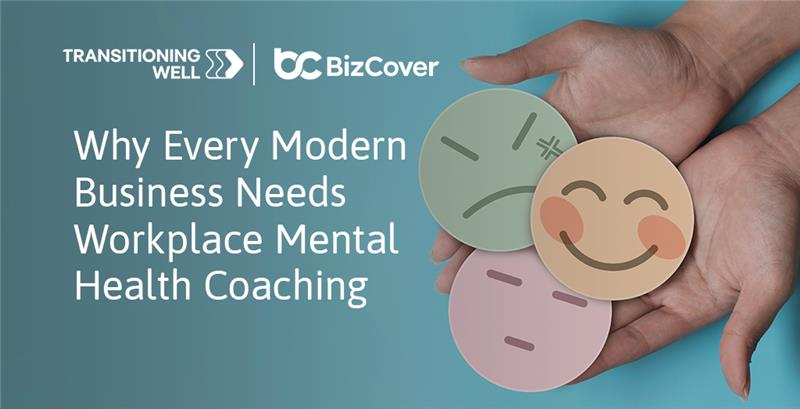6 expert tips for starting a career in IT
Information Technology (IT) has become essential to all parts of our lives, especially business. With the need for IT professionals continuing to grow, many people are considering a career in the IT field.
A job in IT can be extremely lucrative if you can find the right post. However, the flipside is getting stuck in an uninteresting, dead-end position with little hope of promotion. The tips below could help you to get the most out of your IT career, whether you are just starting out or have been in the profession for some years.
1. Commit to lifelong learning
IT is a rapidly developing field where change happens exponentially, meaning that the pace gets faster every year. Anyone aspiring to success in the industry has to be ready to learn and develop new skills at all times. You can’t simply get a degree in IT and expect that to last for your whole career.
Think about the sort of computers people were dealing with just a few decades ago: No Internet, tiny processors and everything saved on floppy disks. Yet, many IT professionals from the earliest days of the industry still enjoy successful careers. This is because they committed to ongoing training, often on their own time and even at their own expense, to make sure they keep up with all the latest developments in their profession. To make the most of your career, you could do the same.
2. Become knowledgeable about the business
As well as keeping up with all the latest developments in technology, IT professionals should develop an in-depth knowledge of the business or organisation they are working for. Technology is fundamental to any organisation in the modern era. Where IT departments were once “out of sight, out of mind” in a basement somewhere, they are now essential to most successful enterprises.
As an IT professional, you should anticipate the requirements of your business. Think about what the IT department can contribute to the business’ goals and needs, and what adaptations can be made to help reach them. If you learn about the product your company sells, its strategies, and its market, you will be able to approach senior managers with your own ideas as to how the IT department could help your organisation to expand. Do this well and it could help you advance your career, too.
3. Look at cybersecurity
Cybersecurity is one of the most essential and fastest moving elements of the IT industry. Hackers and other malicious actors are continuously looking at new ways of breaking into company networks, and cybersecurity experts fight a continuous battle with them.
In addition to working in one of the most exciting areas of IT, working in cybersecurity means that you will be kept up-to-date with all the latest developments in the field and get to work with some of the latest products and equipment. With the ever-changing nature of cybersecurity, this will not become an area where non-experts can take over control: Unless every cyber criminal decides to go straight, there will always be a need for cybersecurity experts who really know their stuff.
4. Work on your leadership and management skills
Technology skills and knowledge are essential to working in IT. However, if you want to progress within or beyond the IT department, you may need to develop other skills as well. Leadership, management and other “soft” skills are excellent additions to your professional toolkit.
IT departments can often be seen as external to the main workings of an organisation, a team that is only called on when things need fixing. But by building relationships with employees from all departments, you can help the IT department (and you) become a bigger part of the entire business team. Working with other areas of the business will improve your knowledge of the company, help you learn about the latest developments outside your department, and hear of any new opportunities that may arise.
5. Improve your public speaking
You can be very good at your job in IT and be completely off the company radar as far as career advancement is concerned. After all, isn’t the best IT person someone who identifies a problem and fixes it before anyone else notices?
That’s all very well for doing your job well, but it won’t help you to get noticed. Developing your public speaking and presentation skills can help get your name and image known by the rest of the company. Volunteering to make presentations (individually or as part of a team) can help you practice your speaking skills. Even making informal speeches at retirement parties or other company events will get you noticed, provided you have something interesting to say and can deliver it well!
6. Protect yourself on the job
As with any area of a business, there is great potential for things to go wrong in IT. If you are working for yourself, you especially need to be aware of risks to your business and have a plan in place to mitigate any damage they may cause.
An expensive claim made against the services that you or your business have provided can quickly derail an IT career. Information Technology Liability insurance can help guard against liability claims made by external clients who may be unhappy with your work. Your policy will cover costs associated with these types of claims, so you can continue moving your business and career forward.
Hopefully the above tips have given you some inspiration to make the most out of your career in IT. Where you are just starting out or developing your existing role, fulfilling your potential on the job can feel especially rewarding!
BizCover Pty Limited ABN 68 127 707 975, AFSL 501769
This information is general only and does not take into account your objectives, financial situation or needs. It should not be relied upon as advice. As with any insurance, cover will be subject to the terms, conditions and exclusions contained in the policy wording. © 2025 BizCover Limited.




![[Press Release] BizCover shortlisted for 5 Insurance Business awards](https://www.bizcover.com.au/wp-content/uploads/IBA-Shortlist-Awards-thumbnail.png)
